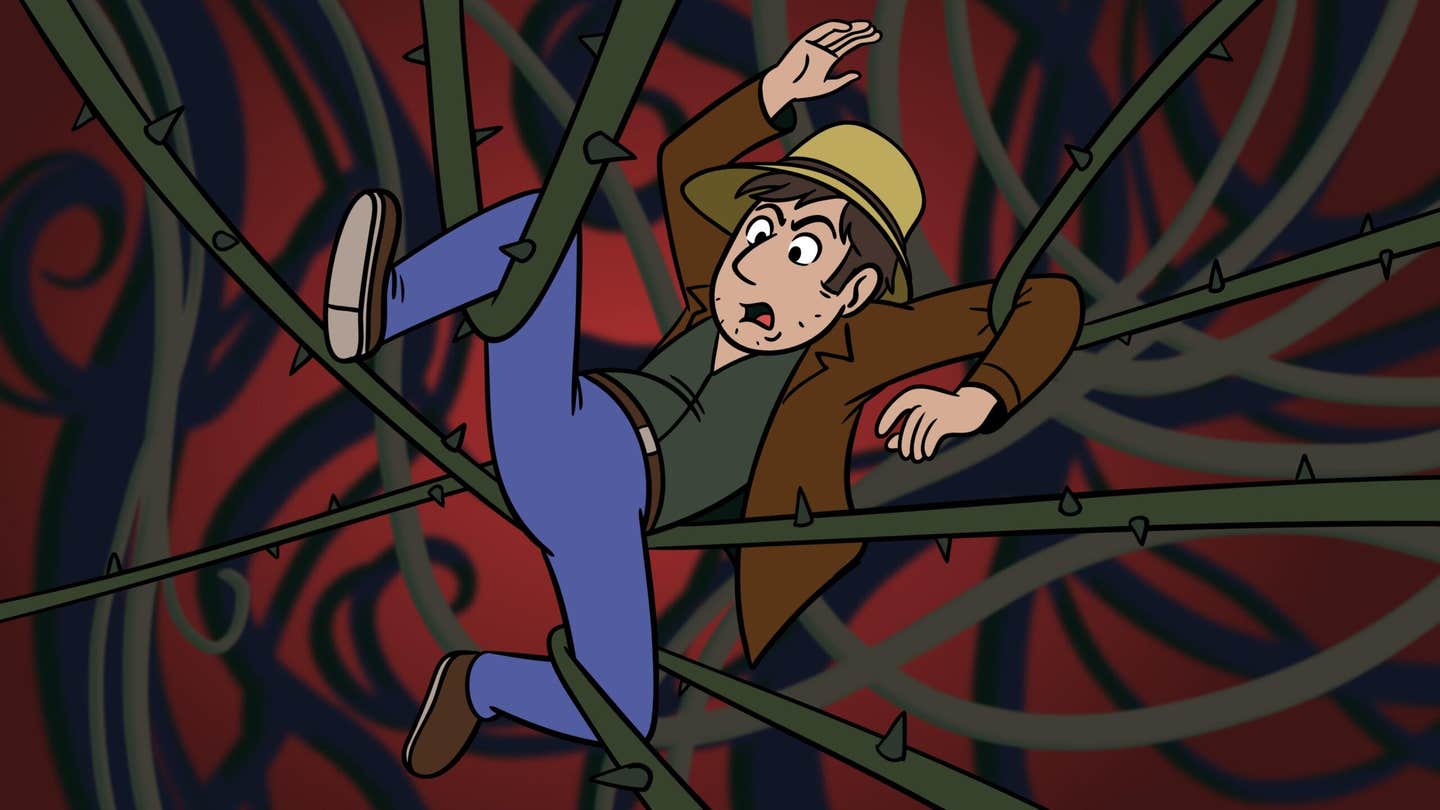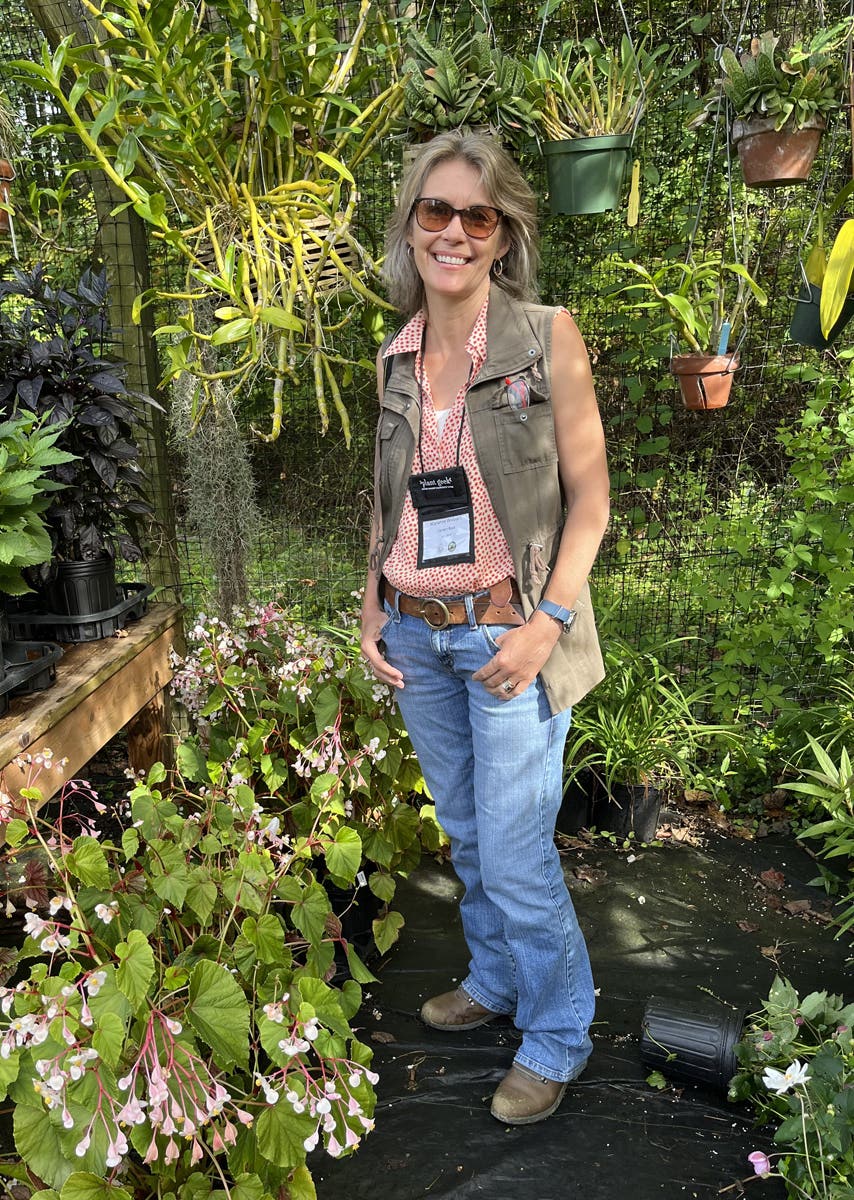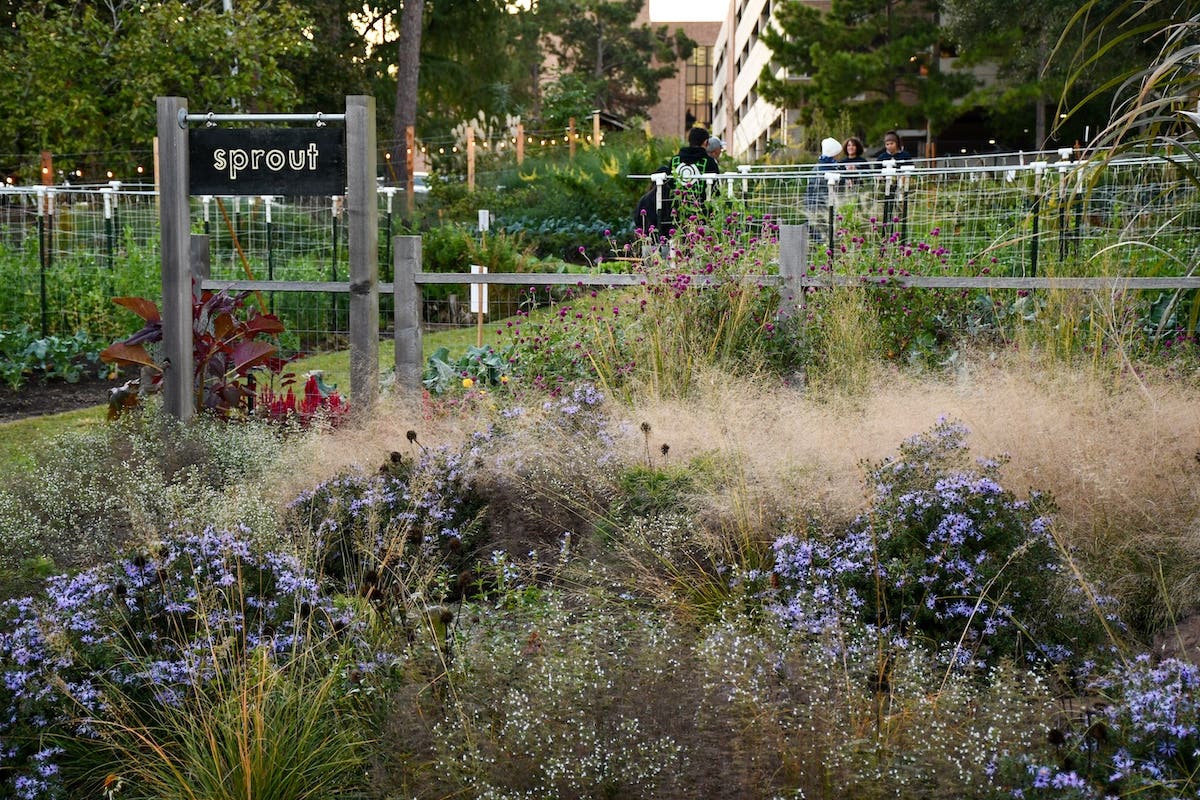Gardener’s Guilt
I feel untimely most of the time, and as a result I tend to believe that the real art of gardening is timeliness, and that I won’t be a true gardener until the necessary rhythms of each of the plants I grow is ingrained in my bones.
I'm writing on the sixth of October, a day that happens to have almost exactly the same amount of daylight as the sixth of March—11 hours and 30 minutes. Since long before I started gardening—when I was still only the gardener of my own moods—I have been wishing for what I would call a daylight equivalent calendar. In its ideal form, it would be a long scroll of paper with two columns of dates side by side. At the top of both columns would be the date of the summer solstice. As you read down the scroll, one column would run forward day by day from the summer solstice to the winter solstice, the other backward, and any two dates that stood side by side—one from the waxing year and one from the waning—would have the same amount of daylight. At a single glance, you would be able to see the kinship between October 6 and March 6.
But what the daylight equivalent calendar would really tell you depends entirely on the kind of person you are. It might hasten your slowness or slow your hastening, cheer you up or remind you, as it does me, how finite the length of any one day really is, and how infinite a garden can be. I believe that humans love to garden simply because the labor of gardening is indeed infinite, which means that most of us work pleasantly in arrears of conscience, always feeling guilty enough to morally sauce the work at hand. If I manage to perform a garden task at just the right time—planting garlic about now, for instance— I can almost feel the soundness of the world as it spins on its axis. And if I plant the garlic three weeks from now—much more likely, given all the other things I have to do first—I will have added to that basic soundness the sense of satisfying an overdue debt. The world will seem doubly right. Until I remember the potatoes that are still not out of the ground.
At nearly every season of the gardening year, I find myself thinking about medieval books of hours, and particularly the calendar in the early-15th-century Tres Riches Heures of the duc de Berry. For each month there is an elaborate illustration, often of agricultural toil in peasant France—a swineherd knocking down acorns for his pigs, for instance, in November, or plowing with oxen in March. Each scene is framed by two calendrical arches, one showing the order of days, the other the order of constellations in the zodiac. To most of us, the scenes from that calendar look essentially pictorial, not very different from an old Currier & Ives print showing horse-drawn cutters racing down a January road. But I think the duc du Berry's calendar is an astronomical alarm clock, carrying a stern reminder. It shows what must happen in each month to ensure prosperity, not just what does happen. The pigs must be fed. The earth must be tilled and seed sown. Hay must be made when the grass is ready and before the rains begin.
I wish I could embody the moral effect of those calendrical arches whenever I step outside, hear that alarm clock sounding. I feel untimely most of the time, and as a result I tend to believe that the real art of gardening is timeliness, and that I won't be a true gardener until the necessary rhythms of each of the plants I grow is ingrained in my bones. Perhaps only a few people ever feel those rhythms intuitively, and only after a lifetime in the garden. Perhaps the rest of us are doomed to plot out the year on small, disappearing slips of paper, on calendars where dentist appointments and oil changes and tax payments get written down but not the date of the first frost or the last of the snow cover. For me, the seed catalogs will always come too soon, and my orders will always be placed too late and, as a result, I'll always be wondering which of the cool-season crops—the ones that should really be planted when the ground is first workable—might do well in the cool season of autumn. But as a day like today should remind me—a day when fall is settling in for good, with driven rain and flecks of declining s







